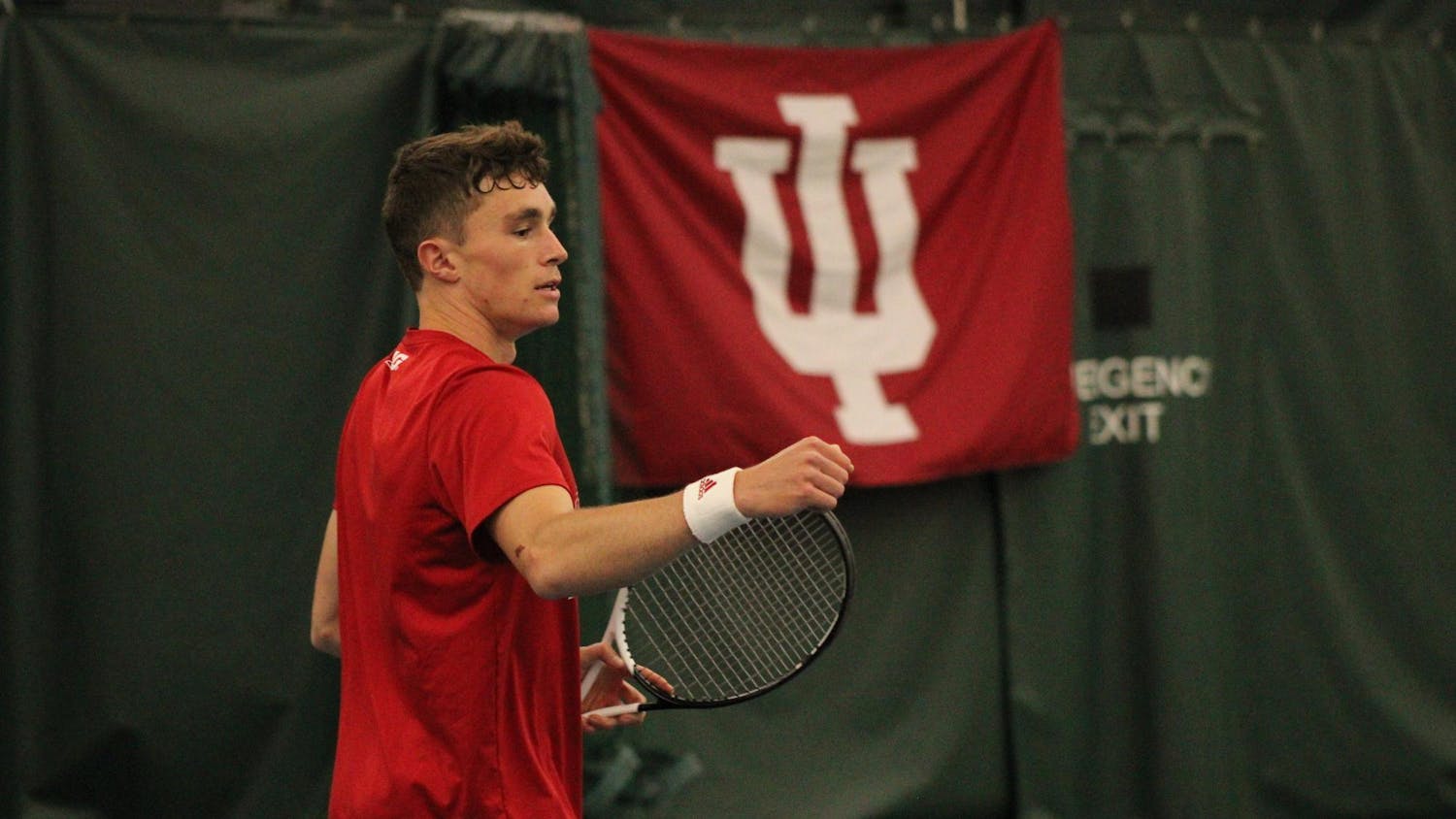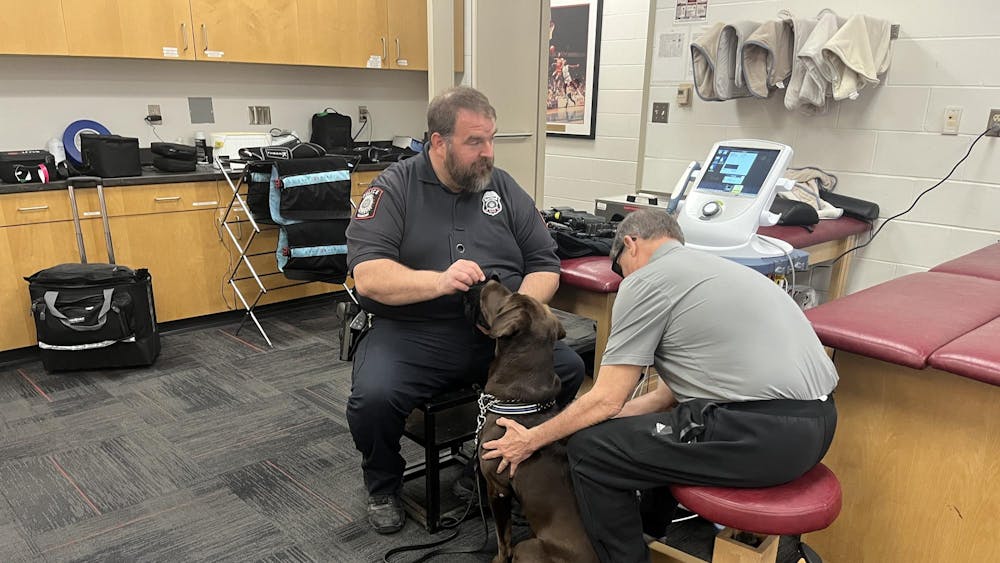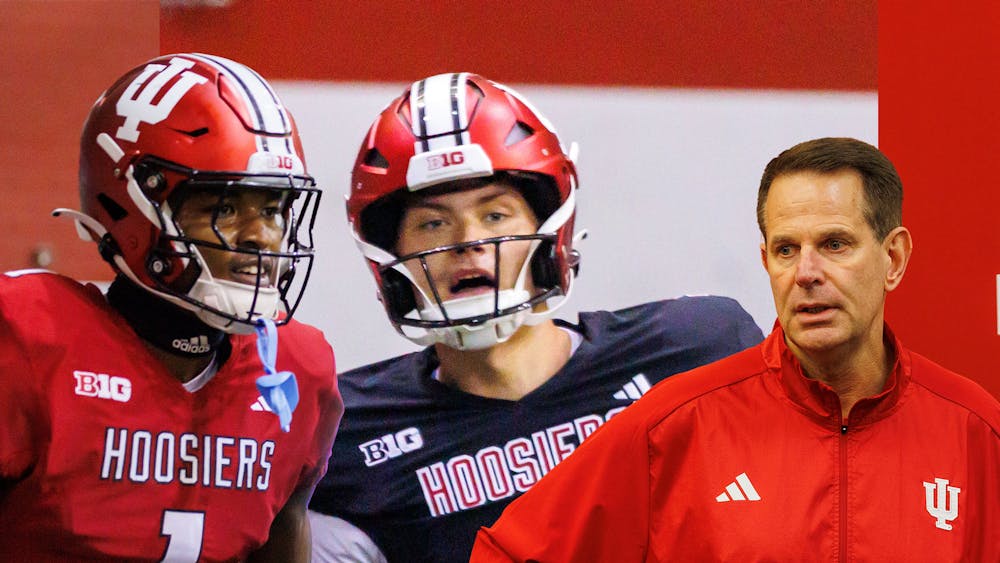Dr. Chuck Dietzen, a pediatric specialist based out of Indianapolis, has worked all over the world, volunteering to provide healthcare to people who either don’t have ?access or can’t afford it.
“I personally have worked in 26 countries,” Dietzen said.
People ask him why he doesn’t do volunteer work in America, and he explains that it’s because of ?malpractice lawsuits.
“We are limited with the medical-legal atmosphere in this ?country,” he said.
In an effort to shield licensed medical volunteers from malpractice lawsuits, new legislation has been introduced to the Indiana House of Representatives that would provide them with civil ?immunity in malpractice lawsuits.
“With a lot of the medical malpractice insurance carriers, you have to pay an additional fee to take care of those who can’t pay you,” Dietzen said. “So that was the ?concept. Let’s see if we can’t improve the situation with the Indiana Trial Lawyers Association to allow us the same freedom to deliver free healthcare to those in need in Indiana just as we do in other ?countries.”
Currently in Indiana, laws restrict licensed medical professionals from volunteering their services unless they purchase medical malpractice insurance. This bill would effectively provide licensed medical volunteers with civil immunity against malpractice lawsuits under certain conditions.
“Believe me, we all would like to do more care for people who are in need,” Dietzen said. “But I don’t think people understand how the medical legal environment is in this country. In fact, it’s the reason healthcare is so expensive.”
The bill, House Bill 1145, would establish a licensing procedure for both volunteers and locations at which medical services can be offered. Volunteers must sign a waiver and be working without compensation at a licensed facility in order for civil immunity to be applicable.
Exceptions to the malpractice immunity will be made in instances where gross negligence or willful misconduct has taken place or if a nonapproved procedure is performed by a volunteer.
“There are several other states that have already done this,” Dietzen said. “And in those states they have no reports from medical malpractice on the free care that ?was given.”
State Rep. David Frizzell, R-Indianapolis, the author of HB 1145, wrote the bill with the additional intention of helping the more than 350,000 Hoosiers that are considered to be “medically underserved,” or unable to afford health insurance.
Frizzell considered that oftentimes people without health insurance are forced to choose between healthcare and other daily necessities.
“We want to minimize having to choose between food and medical care,” Frizzell said. “Most people choose food.”
Those who are medically underserved have no other options when seeking healthcare other than visiting an emergency room, which usually is paid for with taxpayer money. According to the Agency for Healthcare Research and Quality, the average expense for an emergency room visit in 2009 was $1,318.
This bill would aim to reduce the number of needless visits by allowing licensed volunteers to provide preventative care to the medically underserved at no charge.
“Throughout Indiana, there are thousands of healthcare professionals ... who would be able to provide a higher level of proper care to more of the people who need it,” Dietzen said in a press release. “And they could deliver these vital services to people in surroundings that are familiar to them within the city or town in which ?they live.”
One provision of the bill would allow community-based and nonprofit organizations to host volunteer medical clinics in their neighborhoods, such as community centers, homeless shelters or religious ?institutions.
“House Bill 1145 creates an unprecedented opportunity for thousands of Hoosier schoolchildren and adults to gain greater access to vital health care services and enjoy a higher quality of life,” Dietzen said in his statement. “At the same time, we are able to make it possible for doctors, nurses and other first responders ... to step forward and volunteer to help others right here at home.”





